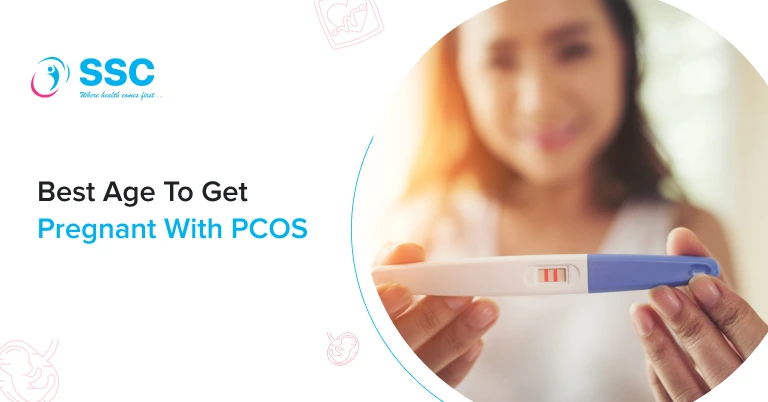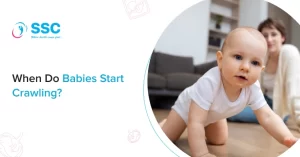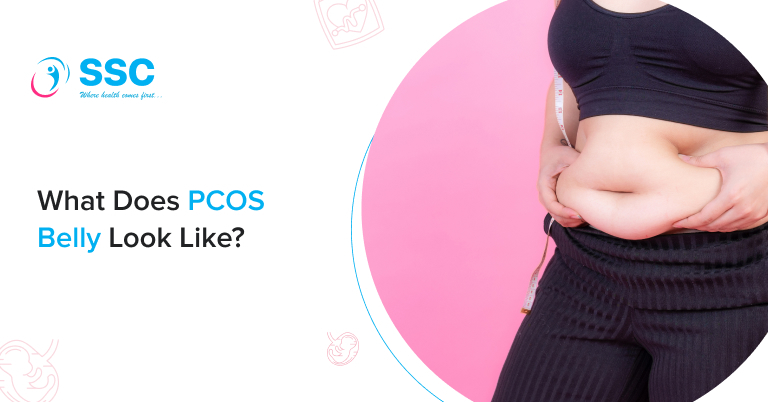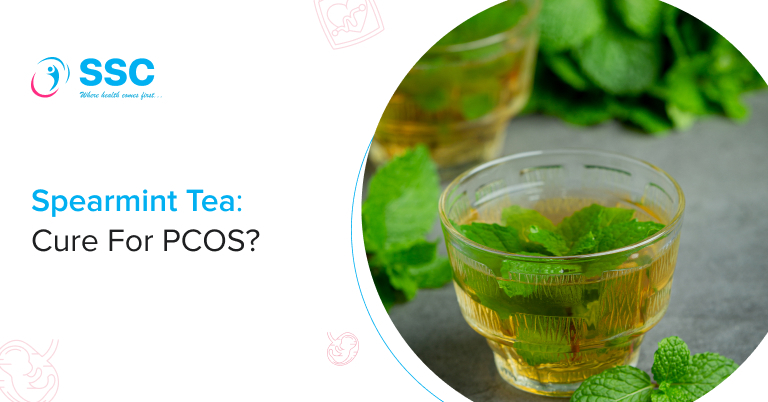Best Age to Get Pregnant With PCOS
If you have PCOS, the best age to become pregnant is in your late 20s to early 30s. Fertility typically begins to decline around age 32 and accelerates after age 37.
If you have PCOS, the age you decide to try for a child might have an impact on both your pregnancy health and success rate. Women with PCOS have a three-fold higher probability of miscarriage compared to those without the condition.
According to research, it is usually easier to conceive before the age of 35 because fertility naturally decreases with age.
The Fertility Window: When is the Right Time to Start Trying?
Women in their 20s are typically more likely to become pregnant within a year of trying. Age is one of the most important factors to consider while trying to get pregnant. As women age, fertility normally decreases, and this effect is particularly noticeable for those who have PCOS.
Pregnancy becomes more challenging as women age because both the number and quality of eggs decrease; this decrease in fertility might create further difficulties for women with PCOS, who may already have irregular cycles.
Best Time to Get Pregnant for Women with PCOS:
The best age to become pregnant with PCOS is believed to be in your late 20s and early 30s. However, it’s important to keep in mind that fertility differs from person to person. However, experts advise women with PCOS to get pregnant as soon as possible, as there is no one-size-fits-all solution.
According to a survey, 58.3% of participants got pregnant on their own, which shows that women with PCOS can get pregnant naturally.
Impact of Age on Fertility:
As you age, your reproductive system ages along with you. Both the amount and quality of your eggs inevitably decrease. It is said that women in their 20s usually have a higher chance of getting pregnant.
Around age 35, fertility starts to fall noticeably, and around 40, this decline becomes more noticeable. The difficulties with fertility are much more severe for women in their 40s.
In addition to influencing the number and quality of eggs, age also makes getting pregnant more challenging. Hormone fluctuations cause irregular ovulation periods, contributing to it.
How Does PCOS Affect Fertility?
Irregular Ovulation: PCOS can cause inconsistent or absent ovulation, making it difficult to pinpoint your fertile days.
Impact of Insulin Resistance: Elevated insulin levels, often associated with PCOS, can disrupt ovarian function and hinder ovulation.
Trouble Conceiving: Without regular ovulation, there might not be an egg available for fertilization, making it harder to get pregnant.
Hormonal Changes: Higher levels of androgen are frequently produced as a result of PCOS, which can further interfere with ovulation and impact fertility.
The Success Rate of Pregnancy with PCOS:
Most of the women get pregnant naturally. However, some people require medications and other treatments.
Depending on age and the reason for infertility, ovulation induction drugs like letrozole and clomiphene citrate are frequently used to induce ovulation, with success rates of about 22% per cycle. Nearly 80% of women with PCOS who took clomiphene citrate were able to ovulate, according to a study.
If medication is not enough to get pregnant, IVF or Invitro Fertilization is recommended. For women with PCOS, IVF has a success rate of 20% to 40%, and IUI has a success rate of 10-20%.
Bottom Line:
Facing the issues of PCOS and attempting to conceive can be rather concerning and challenging. However, you don’t have to face it alone. We at Sai Speciality Center are aware of the specific needs of women with PCOS. As one of Bangalore’s top fertility clinics, we can help you realize your goal of becoming a mother.










